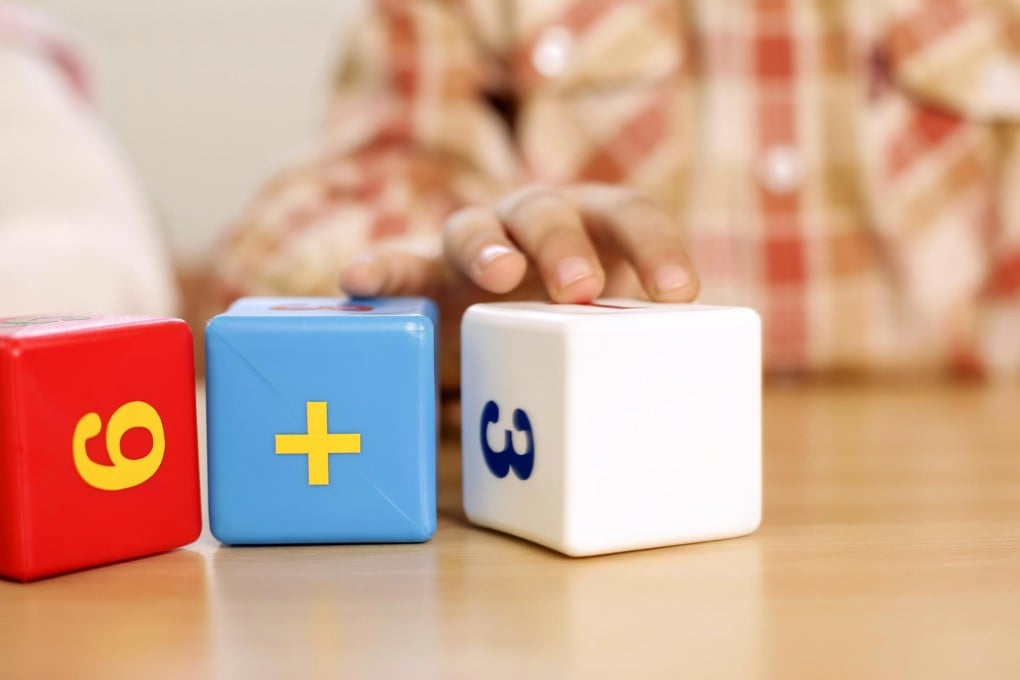Children need to grasp basic maths concepts in preschool to be proficient in later life
Educators say the way to balance the equation between more mathematically minded Asian students and their less numerate counterparts in the West is to start early

Asian students are well known for their superior performance in maths compared to their counterparts in the West. Some attribute it to cultural factors. To American cognitive development psychologist, David Geary, the difference can be avoided.
The Thomas Jefferson professor of psychology and interdisciplinary neuroscience at the University of Missouri chairs the learning processes task group under the US National Mathematics Advisory Panel.
In a 10-year longitudinal study on children's mathematical development from kindergarten to seventh grade, he found that instruction at preschool level made all the difference.
"What we found was the kids who did not have a good foundation of numbers, numerals and relations among them in the beginning of first grade were on a trajectory that will put them in trouble by adolescence," he says.
At a recent talk entitled "Early Predictors of Mathematics Achievement" at Chinese University, as the distinguished visiting scholar at the university's United College, he explained the findings of his survey of almost 300 children.
Its identification of the school-entry number knowledge needed for mathematical competencies in adolescence won him a "method to extend research in time" (Merit) award from the National Institutes of Health.